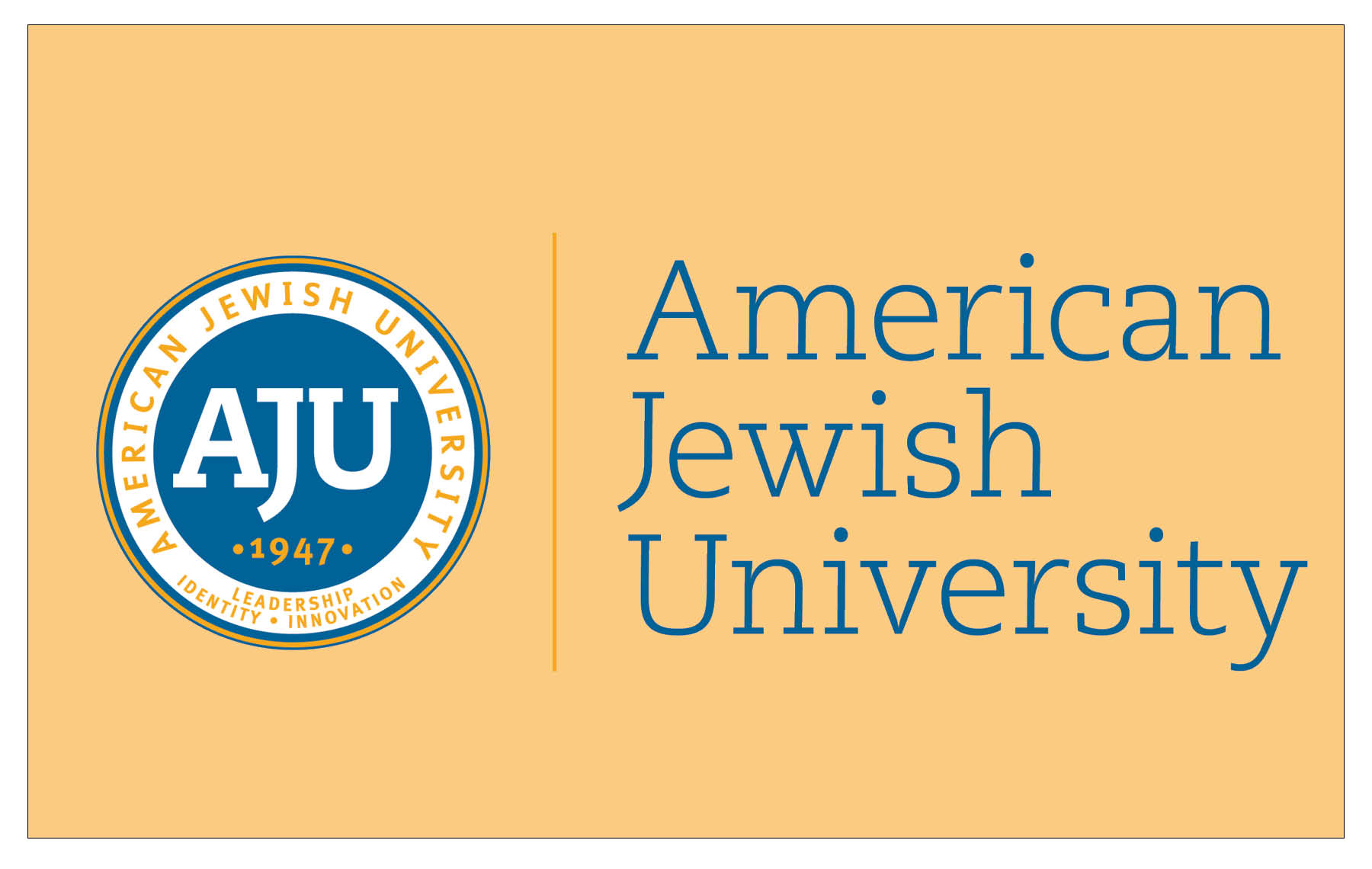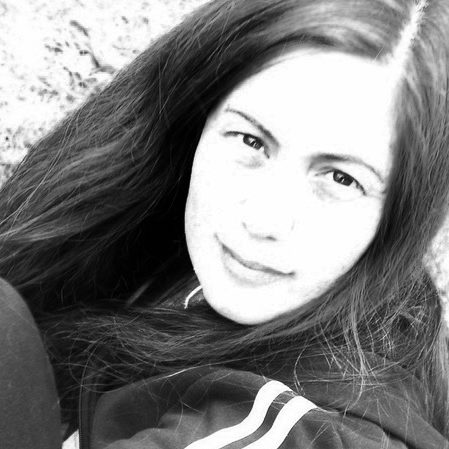
Hours before Shabbat last Friday, the American Jewish University (AJU) sent out a two-page press release, stating that it would be “pausing” all undergraduate admissions effective immediately and would “sunset the current undergraduate curriculum.”
While the release was long, details were short, and consisted mainly of stating that the approximately 70 current students enrolled in the program would be able to complete their studies, that all of AJU’s additional programs would continue unaffected, and that the university would be looking at ways to create a new undergraduate program.
In the release, AJU President Jeffrey Herbst, stated, “Our students come first. Over the next few days we will be holding open forums to address the questions they have and have appointed an academic affairs liaison to provide ongoing support for these students.”
The Journal received an embargoed copy of the release the day before the announcement, and spoke with Herbst before the news became public.
However, over the weekend, several alumni voiced their concerns on Facebook.
Jeremy Broekman, an alumni of AJU’s Lee College/College of Arts & Sciences, sent a letter directly to Herbst stating, in part, “Needless to say, this news is extremely disappointing. As one who is HEAVILY invested in the AJU community since 1994, I am wondering if dismantling the undergraduate program instead of restructuring was explored. Invalidating 1000s (sic) of alumni degrees with closure of the school is quite painful.”
Another alumni wrote, “The one thing they never bothered to do is invest heavily in it. It is a failure of development, a failure of creative educational vision, a major and tragic failure of leadership.”
Other comments posted on an alumni’s personal Facebook page included, “Good memories, but I understand the need to close a school that is not financially viable,” and “OMG! How come alumni weren’t consulted about this strategic paradigm shift? I feel blind sighted (sic). Alumni should have been engaged to help grow the program. I am disappointed in leadership of AJU.”
In speaking with the Journal, Herbst did say there was a definite financial concern, noting, “AJU has never been able to grow the undergraduate program to a size where it can provide a deep and broad educational experience, and it’s also been
financially difficult given the relatively small number of students that have been enrolled in the program – this year about 70 – that makes it very hard to run housing and dining facilities and student affairs, as well as the curriculum that we’d like to offer.”
The move is a bold one from a president just three months into his tenure. However, he was quick to point out that the decision was made after “consulting broadly on campus and with many of the people who observed [what was going on] off campus, and with senior administrators and the board.”
Below is an excerpt of the questions posed to Herbst ahead of the university’s public announcement.
“This is an opportunity for AJU to think deeply about the core of our mission.”
— Jeffrey Herbst
Jewish Journal: In the press release you state, “As an educator, the chance to devise a new undergraduate program from a blank page is a once-in-a-career opportunity.” Does this mean there will be a new undergraduate program and if so will it be ready for the 2019-2020 school year?
Jeffrey Herbst: First, it’s important to say we’re committed to the students enrolled now. Second, we’re going to begin an intensive process – with a clean sheet of paper to design a new undergraduate program. The work, we anticipate will certainly take all of this year, which means that we won’t be admitting anyone in the fall of 2019.
JJ: 2020 then?
JH: Since we haven’t designed it yet I don’t want to make that commitment, but [2020] would be the earliest it would be available.
JJ: You said enrollment has declined in the undergraduate program, particularly in recent years. Why do you think that is the case?
JH: At the most general level I think we’re just not offering something that’s attractive to the market and what we’re going to be doing is thinking hard about what program makes sense given our values and principles, but also given what the market is demanding.
JJ: Do you feel that comes down to the Jewish component of each of the nine undergraduate courses and that there just aren’t enough people who are interested in that aspect of the curriculum?
JH: Looking forward, we’re going to be testing exactly that and we’ll be doing a lot of market research to understand what people in the community want to see in a set of undergraduate offerings.
JJ: What has been the undergraduate faculty’s response to this decision?
JH: I informed the core undergraduate faculty. We had a good discussion. I think everyone at AJU understood the challenges that the undergraduate program has faced and I think this is the important part. People were very excited about starting with a clean piece of paper and developing a new program, and as the press release says, this is really an extraordinary opportunity because in most universities you’re making incremental changes to existing programs and that’s understandable, and that’s often a very good thing. But you don’t get a chance to really say, ‘What are we about and what is the best possible program we can offer?’ You’re too constrained by history and inertia. And so that’s the opportunity that presents itself and I think my colleagues and I are certainly very excited about it.
JJ: How do you feel that AJU has been constrained by ‘history and inertia’?
JH: I was talking about higher education in general. This is an opportunity [for AJU] to think deeply about the core of our mission.
JJ: What is the core of AJU’s mission?
JH: I really want to defer on that because what we’re going to be doing now is a process of intensive consultation on campus with our friends and supporters as well as probably hiring outside consultants. I really do want to stress I’m coming to this with a clean page, without preconceptions. That’s the exciting part of it, that we can all think together: what would make the most sense and what would be a service to our community and the region and I hope the country.
JJ: Will you have to release some of the undergraduate faculty?
JH: We don’t anticipate any faculty layoffs.
JJ: Where will the funding come for creating this new program?
JH: I believe that in the short to medium term the budget implications will largely be positive because it’s been very inefficient to run such a small program. We believe we do have and can garner the resources necessary to hire the appropriate outside help.
JJ: Is there anything further you’d like the community to know about this decision?
JH: I think it’s first very important to say we are going to be working with our existing students and we’ll be working closely with them. I think second, I want to say to the existing community this is a very important decision by AJU to reiterate how strongly we believe in the role that we can play: that we’re taking this important step that relatively few schools take over this important time – to really pause
and think hard about our mission, about what education means in the 21st century and what is the best possible program
to offer.
That’s going to involve a lot of hard work but I think the overall message to the community is we’re tremendously excited about the prospect of doing this and we’re doing this work so we can be of real service to the community.





















 More news and opinions than at a Shabbat dinner, right in your inbox.
More news and opinions than at a Shabbat dinner, right in your inbox.